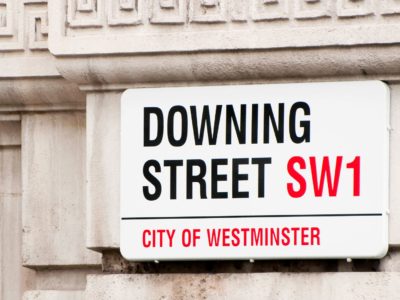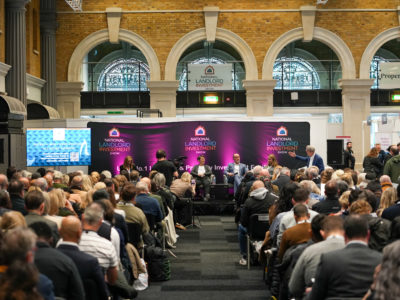A survey commissioned by flexible workspace operator Spacemade provides new insight into the growing demand for local working post Covid-19.
350 professionals living and working within Greater London were surveyed in total and nearly half (43%) wish to work in a local workspace some or all of the time going forwards.
This growing demand for localised workspaces and remote working is set to have a big impact on the traditional office market and models.
The key findings of the survey include:
- Nearly half of all those surveyed (43%) wish to work in a local workspace some or all of the time, with under 30’s leading the way in opting for a local workspace when compared to other age groups.
- The most popular option was found to be 2-3 days a week working from a local workspace (61%), and 2-3 days from a HQ, with only 15% wishing to work remotely full time.
- The popularity of working from a local workspace was found to increase with the size of the business respondents were employed by. Local working was found to be most popular (nearly 50%) for participants who work in medium (50-249 employees) and large organisations (250-1000 employees).
- 93% of participants surveyed would like to work at least one day a week remotely.
Jonny Rosenblatt, co-Founder at Spacemade said: “The momentum for flexible working has been growing steadily over the past decade. Employers have embraced a rise in condensed hours and staggered hours and occasional working from home. Coronavirus is accelerating this change in an unprecedented way and signals a significant shift in the future role of the core office and flexible working patterns.”
Spacemade expects that over the next two years the social and economic changes brought about by coronavirus will prompt organisations in London to change the purpose of their core office in central locations and supplement it with a network of remote spaces for employees to work from in order to provide teams with a variety of options.
Dan Silverman, co-Founder at Spacemade said: “At the start of the year we expected a rise in the ‘work near home’ model to come through over the next five years, and instead it’s happened in a few months. Lockdown and months of working from home has proved that being in the head office full-time is no longer necessary. Likewise, economic uncertainty means organisations are now more sensitive to their real estate costs and will be looking at more flexible ways to manage their office requirements longer-term.”
“High-quality office space will be more important than ever before. The central London HQ will have an even bigger part to play as a collaborative, productive space for teams to come together and exchange information and ideas, but post-Covid there will need to be a stronger purpose for people to commute each day.”
























Comments